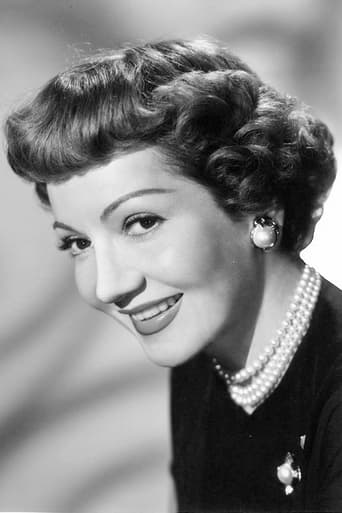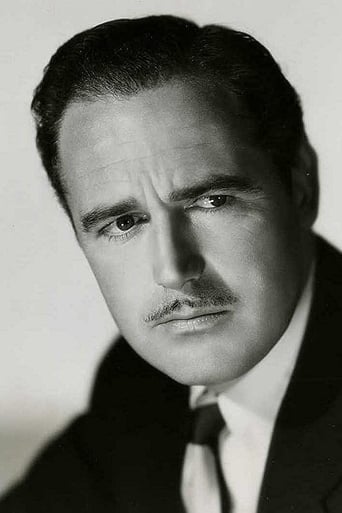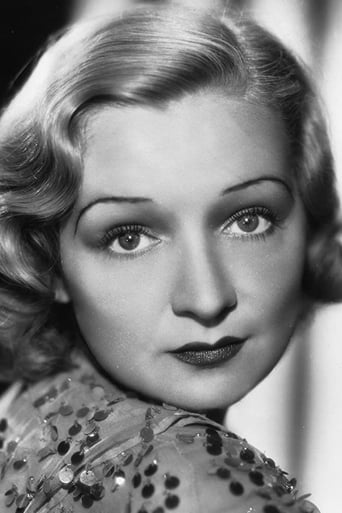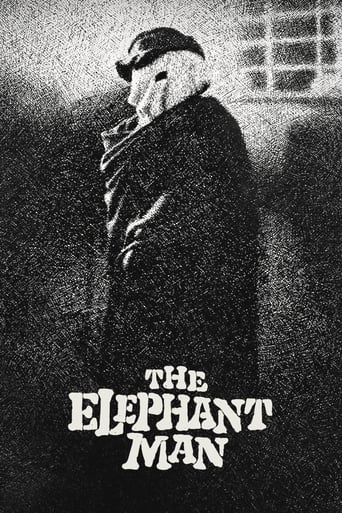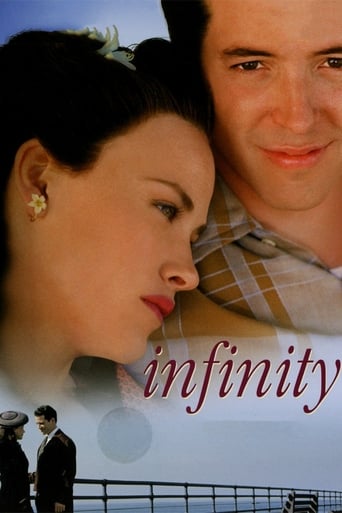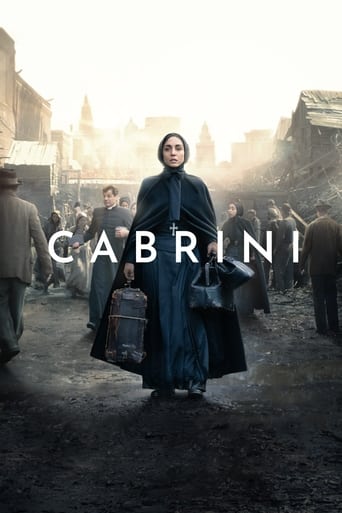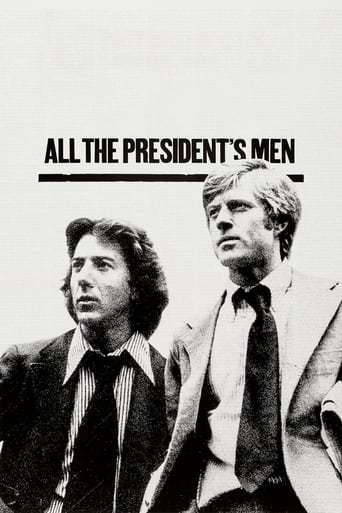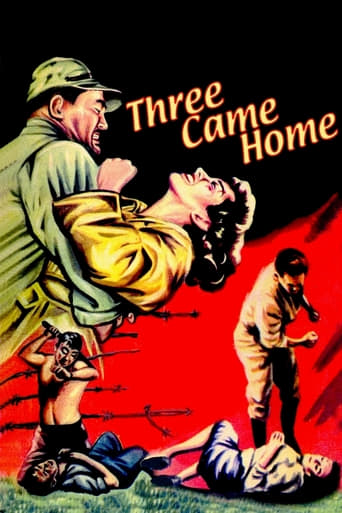
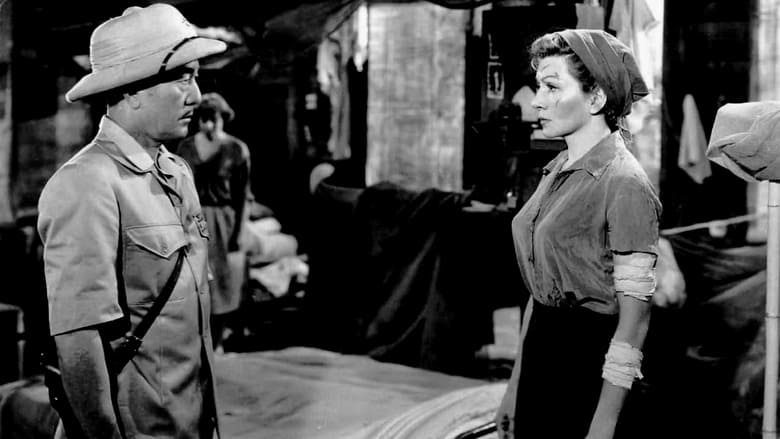
 Watch Now
Watch Now





Three Came Home (1950)
 Watch Now
Watch Now





Borneo, 1941, during World War II. When the Japanese occupy the island, American writer Agnes Newton Keith is separated from her husband and imprisoned with her son in a prison camp run by the enigmatic Colonel Suga.
Watch Trailer
Cast


Similar titles
Reviews
So much average
Just perfect...
Don't listen to the negative reviews
an ambitious but ultimately ineffective debut endeavor.
The story of Claudette Colbert, her husband Patrick Knowles, and their young child during the Japanese occupation of Borneo shortly after Pearl Harbor in 1941. In précis it looks pretty ominous. The brutal Japanese, the sobbing women, the starving children, the constant insults and beatings. And this is, after all, 1950, probably written and shot mostly in 1949, with the war a short four years behind. It was less than a decade earlier that the war-time movies had been calling the Japanese "bandy legged monkeys" (Robert Taylor in "Bataan") and calling for them to be "wiped off the face of the earth" (Henry Hull in "Objective Burma.").Well, the authoress of the book this is based on can be glad she wasn't a Chinese woman when the Japanese occupied Nanking in China, true enough, but this film is more nuanced than any other I can think of from the period. It's, well, it's credible. Japanese prison camps were much harder on prisoners than the German Stalags. The Japanese were equally hard on their own warriors. The aviation cadets at Etajima endured a long and strenuous training program and were beaten routinely with sticks for errors. Late in the war, officers on Chichi Jima ate the liver of decomposing American corpses. Not that they enjoyed it; they were half drunk before they could bring themselves to do it. It was a demonstration to the men that even the most disgusting acts could be overcome with courage.At any rate, the Japanese, let by Colonel Sesue Hayakawa, separated men and women into different camps but nobody ate any livers. The Japanese guards followed orders implicitly, and when Hayakawa was absent, one of them rapes Colbert and later twists her arm brutally to get her to sign a fake admission. But they're not the raving maniacs of "Purple Heart." And Hayakawa is a horse of a different color; a nice guy, literate, understanding, a graduate of the University of Washington, who enjoys children and grieves when three of his own are killed in Hiroshima.It's rather surprising to find the Japanese being treated so evenly in a film from the 1950s. They're not "good" but they're not "bandy legged monkeys" either. They're just believable.Hayakawa delivers a fine subdued performance and it's certainly Colbert's most notable dramatic role. It's worth catching -- an adult movie about the war, when most of Western cinema was just recovering from a long spell of enmity.
During WWII a family stationed in Borneo is captured by the Japanese and struggle to survive in brutal POW camp in the Far East. This is a true story, exterior scenes were photographed wherever possible in Borneo in the exact locales associated with the event as related by Mrs Keith (Claudette Colbert) , an American married to a British administrator (Patrick Knowles). The happenings throw the whole family into a hard concentration camp . Their confinement is recounted in unsparing and harrowing detail , as the British-American family find themselves interned for the long duration . As orders from Nipponese Army Administration are strict as ¨ All Europeans will evacuated swiftly to prison camps , be ready when the truck calls , each prisoner will be permitted one suitcase . Men and women will be imprisoned separately ¨ . ¨To avoid punishments and beatings , the ladies should presume themselves to endeavor , with passive behavior not negative¨. Meanwhile, Mrs Keith suffering a surreal and brutal experience ; however , she attempts to lift the spirits of his son and the brutalized women. When Mrs Keith is cruelly attacked , she denounces the deeds , then she is obligated to sign the following : ¨I swear the events are the truth . I was not attacked by a Japanese soldier, I was not attacked by anyone. I made the charge because I was hungry over punished last week ¨.Interesting and strong drama based on an autobiographical book by Agnes Newton-Keith , being perfectly adapted by Nunnally Johnson . No weakest in the cast and few in the movie , which presents the women's Japanese captors as human and inhuman at the same time with clashing cultures included . Clearly there's much longer plot in this, but director Jean Negulesco concentrates on the passionate acting of Colbert . It's a taut psychological drama about physical and emotional survival focusing on the tensions between Claudette Colbert , soldiers and camp commander well played by Sessue Hayakawa as cultured officer. Crammed with emotive moments , the picture has a string of committed performances from Colbert , Knowles , Desmond and Hayakawa . Familiar ground is trod in this prisoner-of-war saga , but the thought-provoking story and magnificent acting help sustain interest. This superior though overlooked drama , is also laudable for a fairly portrayal of the enemy captors and being masterfully directed by Jean Negulesco. Rating : Above average , worthwhile watching .Other film about women on concentration camps mistreated by Japanese military during WWII are the following : ¨Women on valor¨(1986) by Buzz Kulik with Susan Sarandon , Kristy McNichol and Alberta Watson set in Philippines and ¨Paradise road¨(1997) by Bruce Beresford with Glenn Close , Julianna Margulies and Frances McDormand , set in Singapur.
Claudette Colbert got one of her best late career roles in Three Came Home, the moving story of the experiences of Agnes Newton Keith and her time in a Japanese POW camp. Keith earned her status by dint of being married to a British colonial official in North Borneo who is played by Patric Knowles in the best stiff upper lip tradition.On the screen and in real life Keith was a novelist who faithfully recorded oriental life with some empathy in her books. That got her some favorable treatment from the Japanese, in the film in the form of an ally of sorts in a colonel played by Sessue Hayakawa.Hayakawa's performance is the highlight of the film. It may very well have been the first time post World War II that a Japanese character was given three dimensions. Of course the brutality of the Japanese prison camps is also shown in the best tradition of that other World War II film Sessue Hayakawa did, The Bridge On The River Kwai.1950 was definitely the year for women in stir. A few weeks before this film came out, MGM released Caged which certainly has some of the same themes as Three Came Home. Of course the big difference is that over at MGM the women were criminals in a civilian setting.Three Came Home directed by Jean Negulesco who normally did lighter material than this, holds up very well for today's audience. Colbert, Knowles, and Hayakawa do some of their best screen work here and definitely try to catch this one when broadcast.
In 1944's "Since You Went Away," Claudette Colbert suffered at the home front. Now, 6 years later, she is a prisoner of war in Borneo.An excellent depiction of what these people went through in Japanese prison camps when their territory was occupied during World War 11.Colbert gave still another excellent performance as a writer interned who braved Japanese savagery and survived.Sessue Hayakawa is marvelous as the Japanese commander torn between having a heart and dictating the traditional Japanese methods of brutality. His heart rendering performance truly reaches a climax at the film's end.Due to his long separation from his wife, the role of the husband for Colbert is not given the opportunity to fully express himself. Patric Knowles was unable to develop his part.


